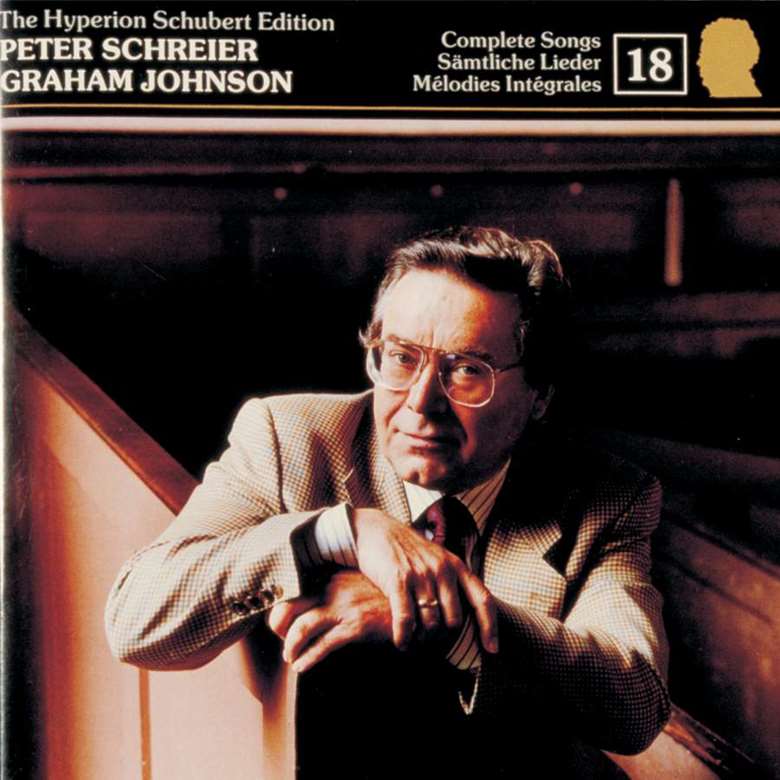The tenor Peter Schreier has died
Gramophone
Tuesday, December 31, 2019
Born July 29, 1935; died December 25, 2019

Register now to continue reading
Thanks for exploring the Gramophone website. Sign up for a free account today to enjoy the following benefits:
- Free access to 3 subscriber-only articles per month
- Unlimited access to our news, podcasts and awards pages
- Free weekly email newsletter







